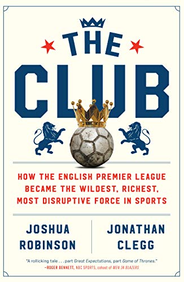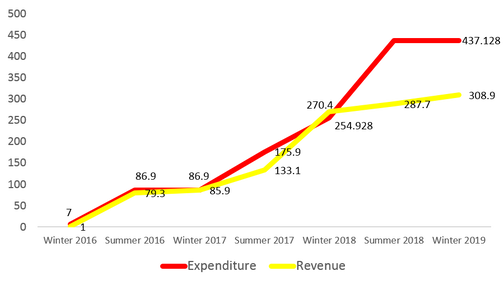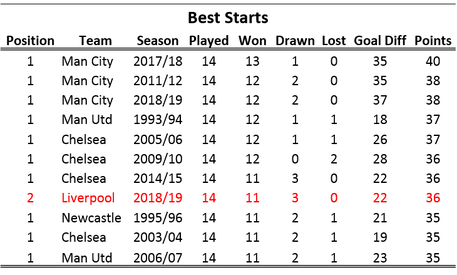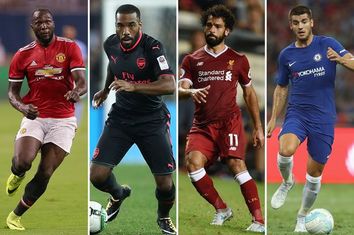I have dedicated a number of posts on this site to VAR over the past 18 months or so. I must admit, my understanding of how VAR works is getting worse rather than better with the passage of time.
From the economist's perspective the beauty of VAR, indeed football, is that it is about decision making. While the rules are codified, and have been so since 1863, interpretation of these rules is open to judgement - that of the referee. Prior to VAR many believed that the introduction of technology would move us from judgement or normative analysis towards science or positive analysis. I do not believe this has happened or if it is indeed possible with our current technology.
The biggest issue with the use of VAR for me is the scientific analysis imposed on one parameter (the attacking player's position on the field of play) and the arbitrary nature of the other parameters which are equally critical. Here are three that seem to be considered at the judgement of the officials:
- When the ball is kicked. Offside has two points and differs from a photo finish in horse racing in this regard. It does not matter where the horses started (in national hunt racing at least) only where they finish. When the ball is kicked/first touched even, it actually has not left the foot of the player. To use a freeze frame with VAR's current technology, where the ball has moved (even slightly) is then not accurate.
- What part of the body the vertical defending line is drawn. When imposing this restriction, I have seen the line drawn anywhere from the shoulder to below the elbow. When the arm of the defender is outstretched this could be a foot of more in distance.
- Where the vertical lines touch the ground. These lines should be perpendicular to the feet. The recent Burnley Man City match illustrates an example of this not being the case. For me, this is the most glaring error of all. The left knee of a defending player had a line dropped that met the ground in the wrong place (at a 90 degree angle to the right foot and not the left foot) - an error.
One of these problems is enough to undermine VAR. Combined, they demonstrate how inaccurate it can be and instead of improving decision making it could be making it worse. As someone said to me recently, we have moved back to 1990 when in-line with the defender was actually offside. The movement in the early 1990s to make in-line onside was very positive for the game.
Maybe in time VAR will evolve and a player will be onside if any part of their body is in-line with the defender. So we could have to go backwards to the early 1990s to go forwards.






 RSS Feed
RSS Feed